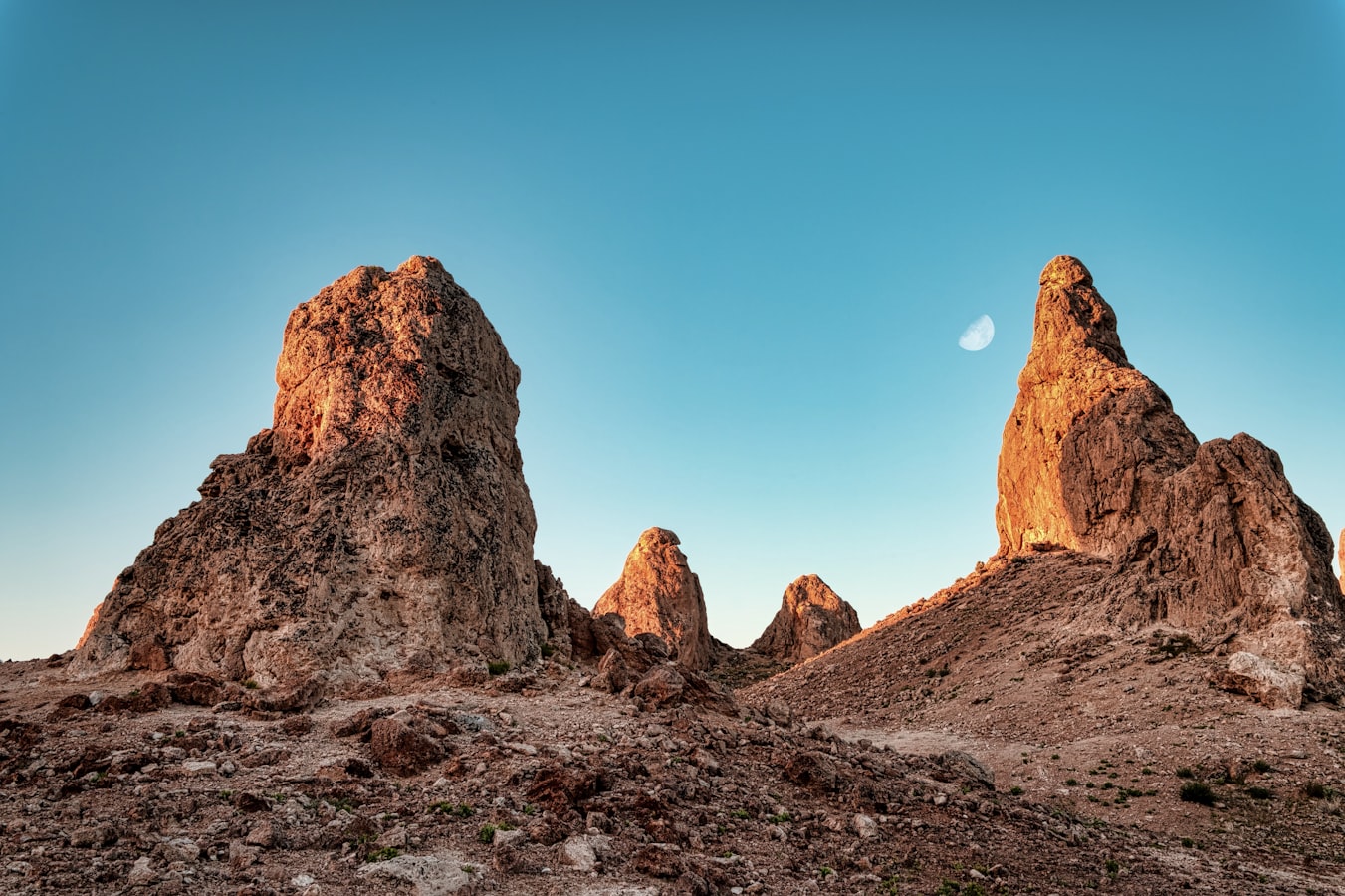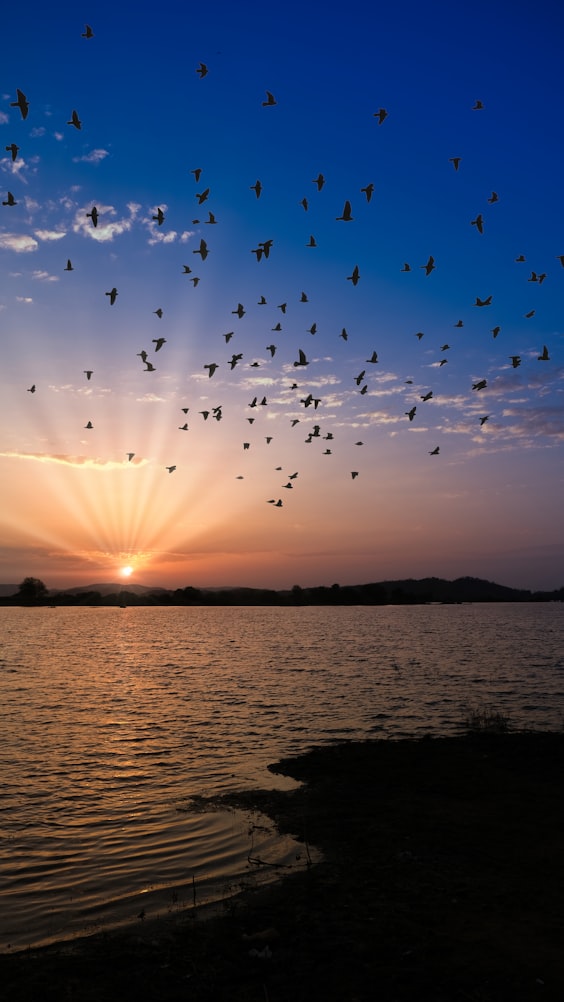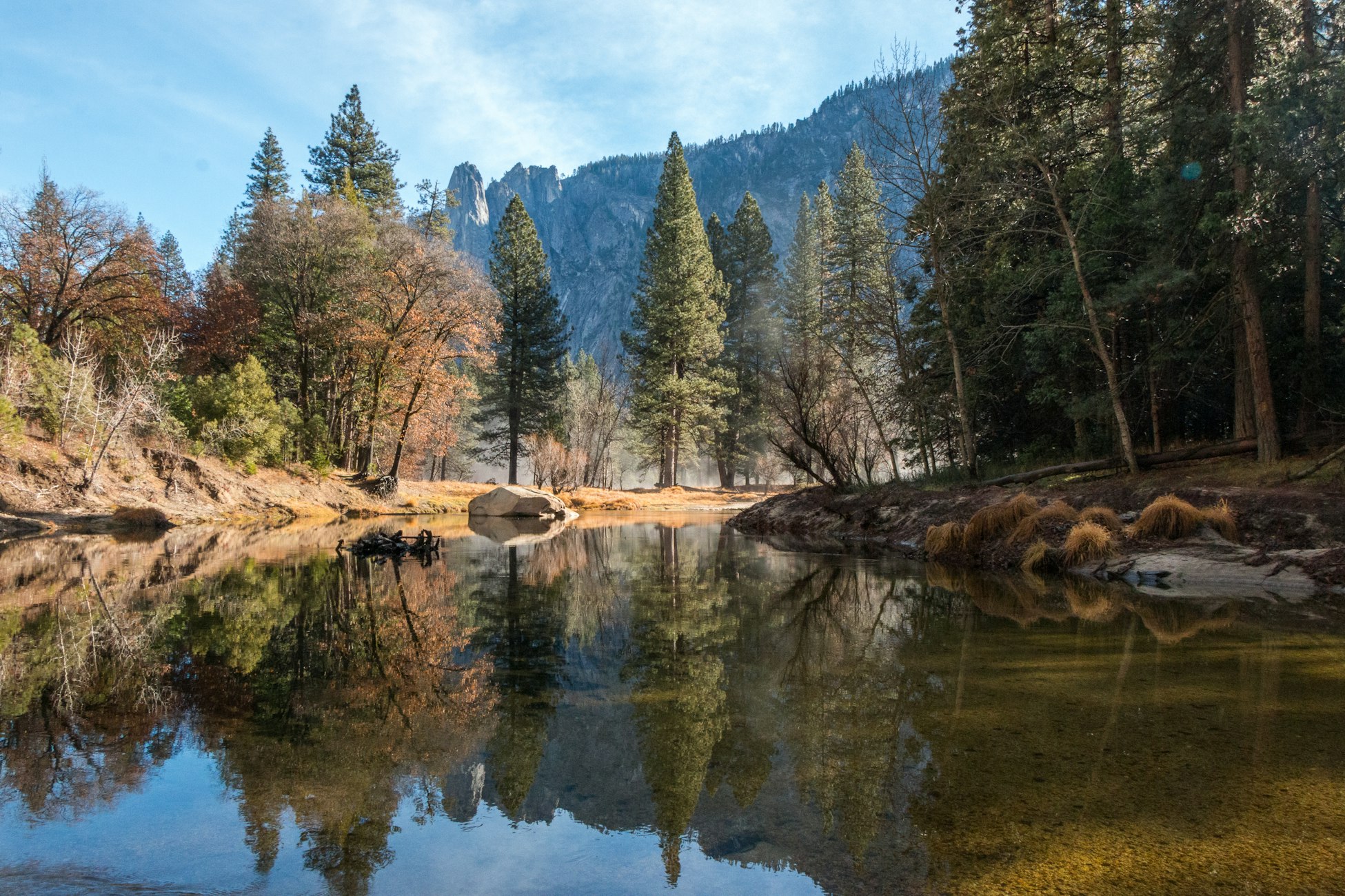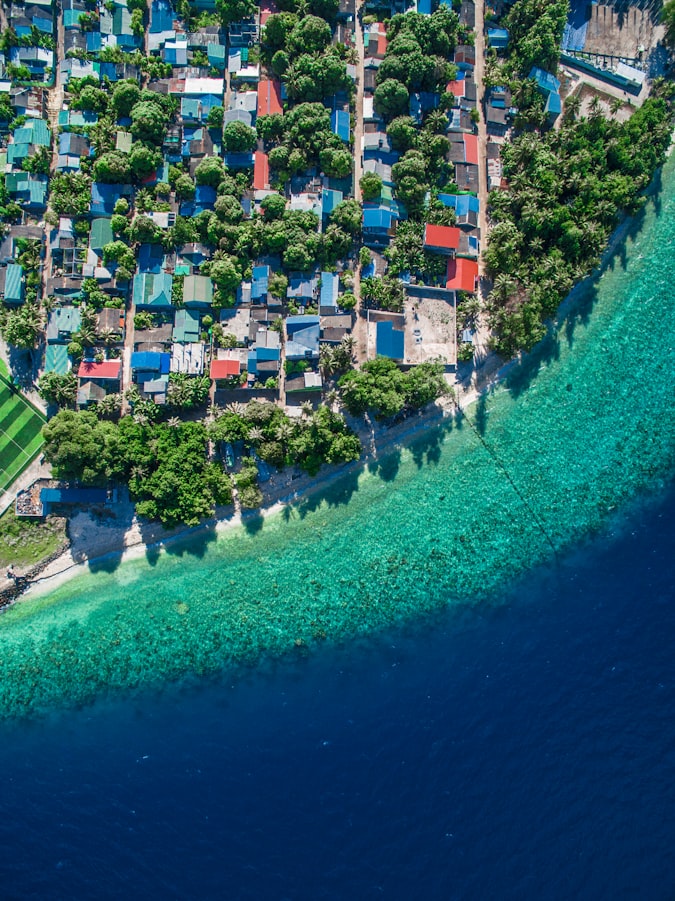About Us
Iraq is experiencing shifts in climate patterns aligned with global warming trends associated with Earth's broader climate change. These changes are impacting Iraq's environment, economy, and society. The country has a continental subtropical semi-arid climate, except for the mountainous regions of Kurdistan, which exhibit a Mediterranean climate. As the fifth-most vulnerable nation to climate breakdown, Iraq faces severe climatic challenges including prolonged high temperatures, inadequate rainfall, droughts, water scarcity, frequent sand and dust storms, and floods. Rising temperatures combined with intense droughts have exacerbated declining precipitation rates in Iraq. This has led to desertification and salinization while increasing dust storms, factors that have further weakened an already struggling agricultural sector.
Our Mission
Our strategy involves creating a comprehensive framework to support climate science research and development. This includes several key components: 1. Centralized Knowledge Repository with Capacity Building: Establishing a research hub will serve as a focal point for training local researchers and students, thereby enhancing local capacity in climate science and related disciplines. 2. Enhanced Collaboration: The research hub will foster collaboration among local universities, government agencies, NGOs, and international organizations to leverage diverse expertise and resources. 3. Attracting Funding and Resources: A well-established research hub can attract funding from both national and international sources, enabling larger-scale projects that contribute to long-term planning. 4. Long-Term Monitoring through Comprehensive Databases: By maintaining extensive databases, we can monitor climate trends over time, assessing their impacts on various sectors. 5. Data-Driven Decision Making: Robust data collection and analysis will empower policymakers to make informed decisions grounded in scientific evidence. 6. Public Awareness and Education: The research hub will also play a crucial role in raising public awareness about climate change—its impacts—and potential solutions—educating communities on how they can contribute to mitigation efforts.
Our Vision
Our vision is to develop comprehensive knowledge in climate science by initiating climate change research studies. This involves several key strategies: 1. Integrating Climate Change Education: Incorporating the science of climate change into university curricula will ensure that future generations are equipped with the knowledge needed to address this critical issue effectively. 2. Meteorological Data Collection: Establishing a network of weather stations is essential for gathering data on temperature, precipitation, humidity, and wind patterns over time. This information will help identify trends and anomalies associated with climate change. 3. Remote Sensing Applications: Leveraging satellite imagery and remote sensing technology provides valuable insights into land use changes, vegetation cover, and alterations in water bodies—offering a deeper understanding of environmental shifts. 4. Climate Modeling Development: Creating region-specific climate models for Kurdistan will enable us to predict future climate scenarios and assess potential impacts across various sectors. This can inform effective planning and policy development.
Focus
Our Department focuses on advancing climate science, fostering sustainability, and driving actionable solutions. Key areas include: 1. Climate Science: Conducting in-depth studies using advanced tools to understand climate impacts on ecosystems, agriculture, water resources, and public health. 2. Sustainable Development: Promoting practices that mitigate climate change while enhancing community resilience through renewable energy, water conservation, and sustainable agriculture. 3. Capacity Building & Education: Training researchers and integrating climate education into curricula to build local expertise. This includes offering postgraduate programs such as Master, and PhD degrees or certificates in Climate Studies to equip students with advanced knowledge in climate dynamics, policy formulation, and environmental management. 4. Policy Support: Providing data-driven insights for evidence-based strategies in adaptation and mitigation. 5. Community Engagement: Raising public awareness and empowering communities through grassroots initiatives.
Meet Our Team

Dr. Jane Doe
Lead Researcher with expertise in analytical chemistry and material science.

Dr. John Smith
Senior Scientist specializing in spectroscopy and chemical analysis.
Publications
Our team has published numerous peer-reviewed articles in high-impact journals. For a full list of publications, visit our website.














Datasets
Explore our datasets on analytical research and case studies. Available for academic and research use.
Contact Us
For inquiries, collaborations, or more information, email us at [email protected].
